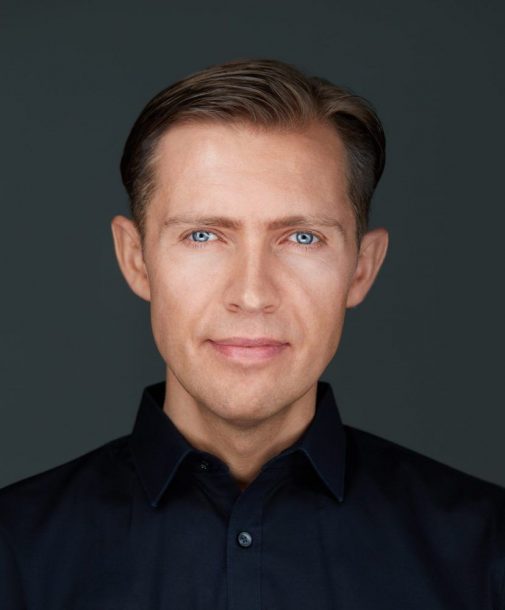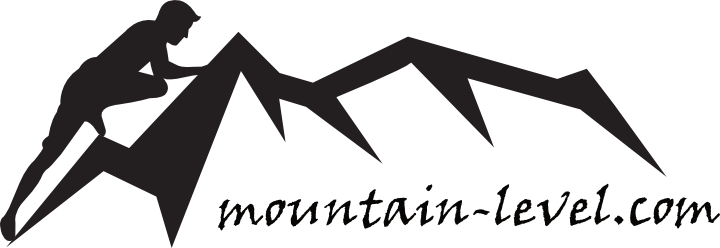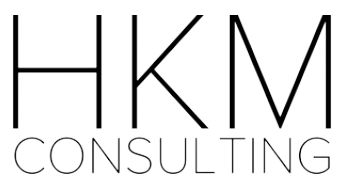
NLP and Systemic Coaching - Munich / München
You are in the right place!
From time to time, we've all felt that some things aren't how we wanted them to be. We get so used to feeling bad that we forget what it feels like to be good.
"What should I do to have the life I want? What's stopping me from getting there? "
Coaching or life coaching is not meant to fix someone. It's about understanding human behavior and that we are good as we are. In a coaching process, the coach usually does not have technical expertise in the area of interest requested. He creates the context for clients to find the answers themselves.
If you have recurring situations, a coaching session could be the key to your solution. I am here to show you your inner potential. In the end, I will ask the proper questions, and you will discover the right answers.
Coaching of life coaching is for you if ...
- you are confused about your future and feel you need to make a change
- you have a plan, you know what you have to do, and still, you procrastinate
I'm here if you want me to ...
- reach a goal, build a strategy, and an action plan
- look at things from more directions and understand other perspectives
You are in control
You're with the right coach if he or she:
- accepts you as you are and trusts your strengths
- is passionate about what they do
- knows how to communicate so that the client feels truly heard
- knows how to control their biases about what the client says
- is involved in the change process
- is honest and can be vulnerable by sharing their experience
- has clarity of thought and vision and is results-oriented
- focuses on solutions, on what works, on strengths
- helps turn problems into opportunities
A good coach listens, asks, examines, and challenges. A good coach never gives advice. He is only a guide in the process. By asking questions, the coach seeks new solutions and clarifies values and beliefs. In general, the coach shows you the possibility of having multiple solutions.
NLP Training and Systemic Coaching in Munich / München: keys to achieve your dreams, keys to Personal Development.

NLP and SYSTEMIC COACHING
Here's a great place to start!
The typical phases in a coaching or life coaching process
Establishing the Coaching Relationship
Assessing Current State and Setting Goals
Developing Strategies and Action Plans
Reviewing and Evaluating Progress
What do you think?
We will work together to solve your challenges on a flexible schedule.
I can support you in your career if you ...
- feel you have to pull yourself up to perform
- are confused about your future and feel you need to make a change
- feel that you no longer resonate with the people around you
- want to advance in your career and have not been successful so far
Together with me, you will understand how ...
- to become successful, build a strategy, and an action plan
- to make changes in the direction you want to go
- to let go to be at peace with yourself
Pricing plans
NLP and Systemic Coaching - Munich / München
Standard
Personal
Premium
NLP and Systemic Coaching - Munich / München
Click the button below and book a session with me.
General Questions
Frequently Asked Questions
01. What is coaching?
Coaching or life coaching is about understanding human behavior. It is a learning model that activates, empowers, and flexes resources to generate new skills. It aims to help you become aware and understand what is happening in your life.
02. Where does the term coaching come from?
The term originated in the 1830s at Oxford University when an activity was initiated to support students in taking exams. The term was used in an analogy with the time’s transport system when people used coaches for long distances.
As in this system, there is a client (beneficiary), a coach (a tool to make the distance easier to travel), a destination (goal), and a route to travel.
With the help of a coach, the client knows that he will travel that road much more quickly than if he had walked the way he did before (alone or on foot), and that he will arrive safely at his destination.
03. When should I start with coaching?
If you’ve had a dream for a long time but don’t have the energy and motivation to get started, then coaching can help you build a strategy to get closer to achieving that dream.
04. Do I have to be ill or sick to seek coaching?
In coaching, the client is assumed to be healthy and functioning. A good coach knows that all the solutions and answers lie within the client.
05. Why should I use a coach? Isn't that what a psychologist, psychotherapist, or psychiatrist should do?
In coaching, the answers and the solutions are future-oriented and focus on solutions. Coaching is not meant to fix someone. It is about understanding human behavior. Coaching is about understanding that we are good as we are.
A coach supports a client in removing mental obstacles, a psychologist makes psychological analyses, a psychotherapist offers psychotherapy sessions, and a psychiatrist is a medical doctor specialized in psychological diseases.
06. What technical experience does a coach need?
In the coaching process, the coach may have, but does not necessarily need to have, technical experience in the area of interest requested. The main tool is the question, and in the session, you will have open-ended questions to find your needed answers.
07. What types of coaching are there?
Depending on the challenge, life coaching focuses on issues such as relationships, health, and goals. Business coaches are focused on productivity, performance, or business strategies. Depending on your challenge, we set up a meeting to discuss whether working together is productive and if I’m the right one to support you.
08. What do I get out of a coaching session?
A coaching session aims to achieve a concrete, specific result. The strategy for achieving this result is built after a discussion with a trusted coach who offers listening, understanding, and discretion. I will create the context to put your ideas into a clear and organized form and support you to test, correct, and enriching them.
09. What are the stages of a coaching process?
Following the coaching process, you will go through several stages: “I don’t know,” “I know, but I don’t do yet,” and at the end, you will reach the “I know, and I do” stage. Most importantly, after understanding certain processes, you will realize that the responsibility for the results lies entirely with you. Only then will you move into the “I know, and I’m doing better” stage!
10. What do I do if I notice other problems?
We will work on all your challenges until you are satisfied with the results. Ultimately, it should be clear what you need to do, how you need to think, and how you need to be to overcome your blocks and achieve your dreams.
11. Can I stop the coaching process?
Yes, at any time. My recommendation is to take some time and consult with me before stopping to understand the reasons behind it.
12. What does your life look like after coaching? What happens at the end?
The most essential thing after coaching is to take control of your life. You understand your blockage and overcome it thanks to the methods applied. If a similar challenge arises, you can overcome it yourself. The desired goal is to become independent in the end.
13. How long does a session last?
From the contracting stage, we agree on the length of a coaching session to make productive use of our time. Some clients reach the desired result after 30 minutes, and others, in rare cases, do not reach that result even in 90 minutes. In this case, you can either ask for an extension of the session, or we can reopen the questions you were looking for answers to in other sessions. When the desired result is reached more quickly, you either stop the session or use the remaining time for another purpose.
14. How do we set the work schedule?
We will work together to solve your challenges according to a flexible schedule, which we set together.
15. What if I have other questions?
You can always write to me at contact@live200.com





